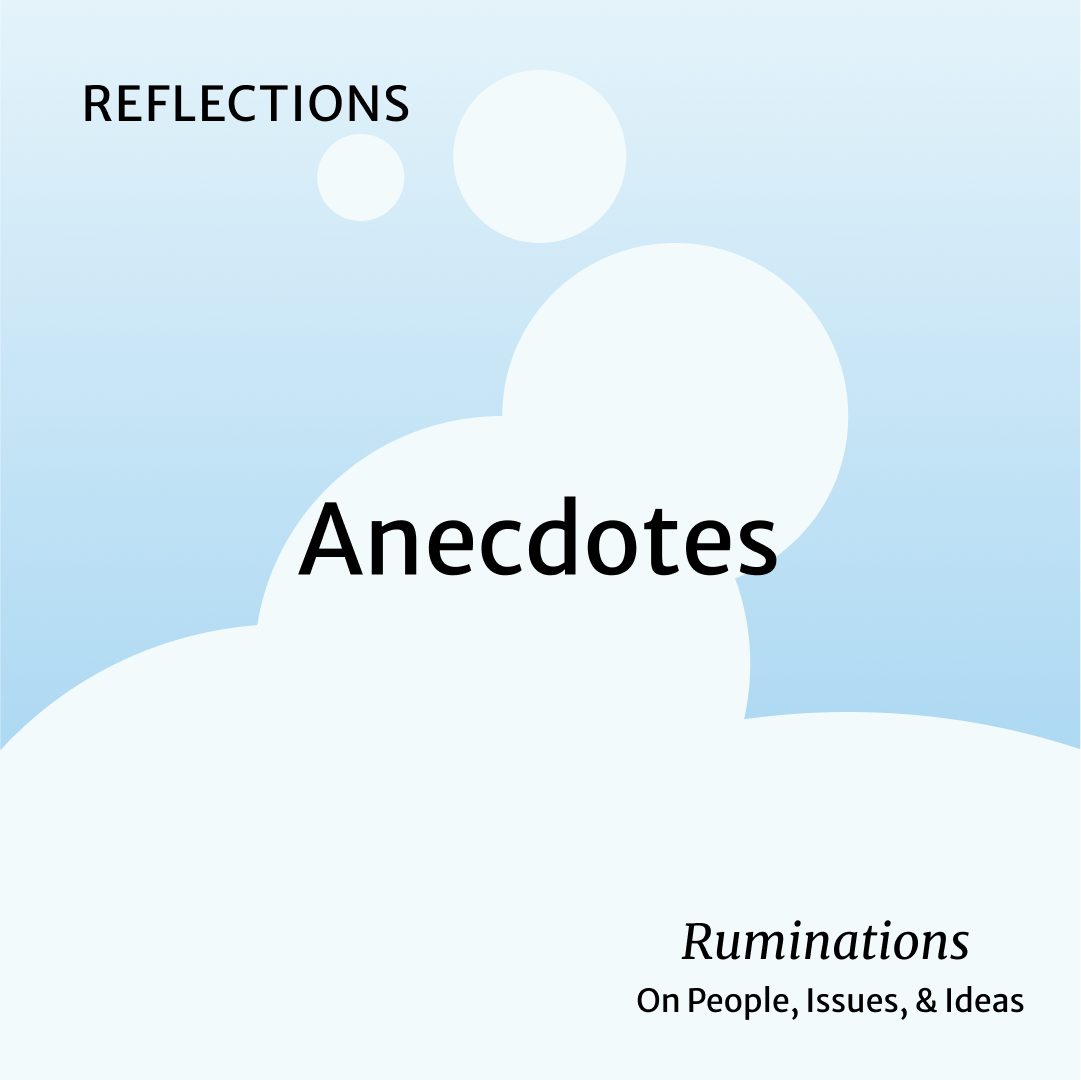In 1990, I gave up trying to publish a novel based on my experiences as an enlisted man serving in the U.S. Navy around the time that the fall of Saigon ended the Vietnam War. I made the decision to become a journalist rather than a novelist after getting a thoughtful rejection letter from Robert Giroux, a now deceased founding partner of the literary house Farrar, Straus, and Giroux.
In those days, when it was still possible to get an editor to read a manuscript, I had shown up at the firm’s Greenwich Village offices, uninvited, to explain that Mr. Giroux and I had graduated from the same high school, about 40 years apart; that I lived in Northern California, but was in the city to visit family; and that I hoped to get in for a few minutes to pitch a novel that I’d finished after five years.
Even then it was a cheeky request, so I was delighted to be told that Mr. Giroux was out to lunch but that I could return later to try again. So, I rode the building’s creaky old elevator back down to the lobby and waited on the street. Before long I saw a tall young man leaning over to talk into the right ear of an older gentleman who moved slowly. I advanced until I stood before them, backpedaling as I said, “Mr. Giroux,” and took his glance as an invitation to gently edge the tall gentleman aside, gaining the right ear as I explained the old school tie, the circumstance prompting my intrusion, and my novel.
The latter was a mouthful, but in between the closing of the accordion gate in the lobby and its reopening on his floor, I had said enough to secure Mr. Giroux’s promise to read the manuscript if I would mail it to him when I returned to California, which I did.
In due course, I received a letter written on a manual typewriter and signed with a flourish.“Your story of the ammo ship in the Pacific, especially of its crew’s adventures at sea and ashore, is well told,” he wrote. “You have the gift of dialogue and your picture of the petty tyrannies and stupidities of Navy life is realistic and convincing.” But my characters were “… flat rather than rounded portraits … this is particularly true of the women … The book lacks narrative or dramatic impact (think of the Caine Mutiny) to counterbalance the flatness of the characters.” I got the same verdict, though with less in the way of prescriptive critique, in rejections from other editors who I had prevailed upon to read my manuscript through pitch letters delivered via snail mail. “The book works well enough, I have to say,” wrote William B. Goodman of the David R. Godine publishing firm. “But it lacks surprise and that decisive twist that would lift it out of the familiar.” Despite some disappointment, I had to admit that the editors correctly identified my talent deficit. Moreover, I thought it unlikely that continuing to collect rejection letters would result in my eventual vindication, or that my technique would markedly improve by writing in a vacuum. Now, having gotten on-the-job training until Medicare, Social Security, and a newspaper pension could provide room and board, I hope to put into words the je ne sais quoi demanded by fiction to satisfy my ambitions in that regard.


